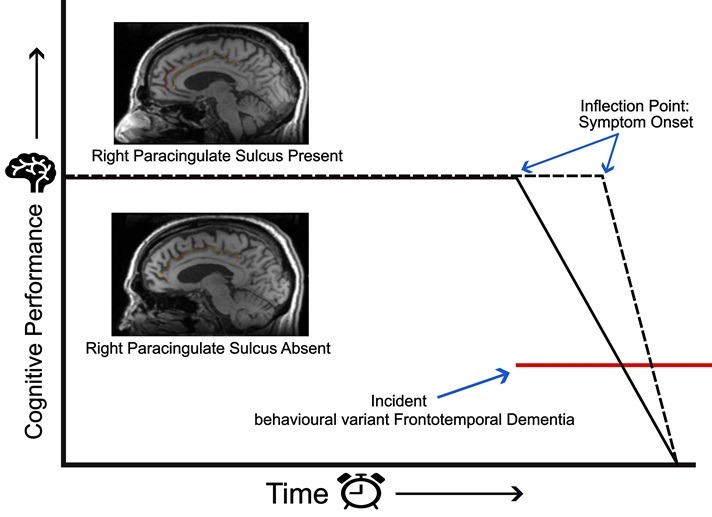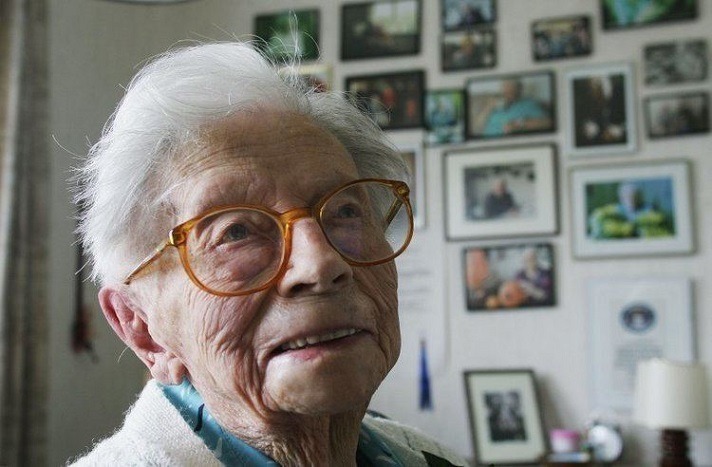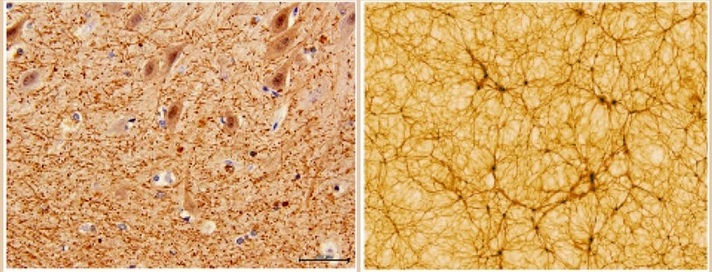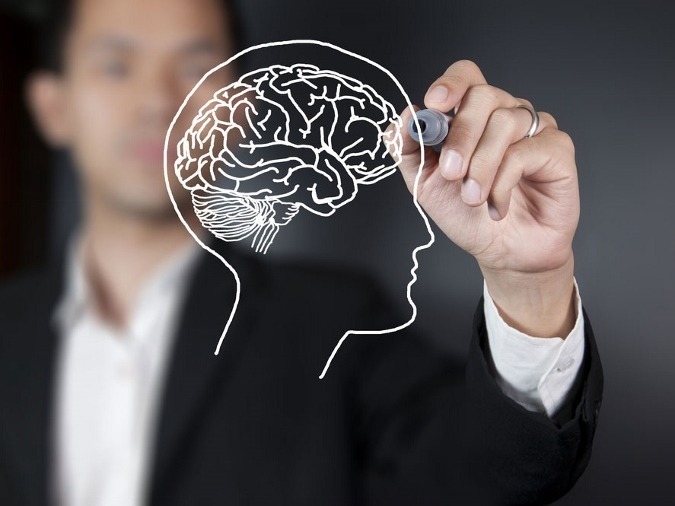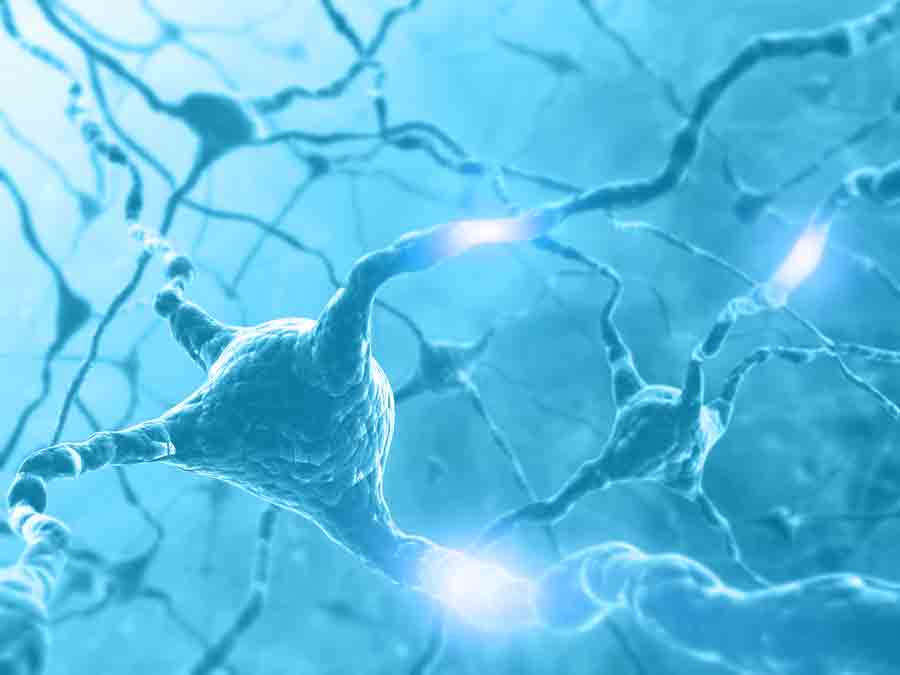Posts Tagged ‘brain-reserve’
Study identifies protective brain structure that delays the onset of frontotemporal dementia symptoms over 2 years
Few people had probably heard of frontotemporal dementia until earlier this year, when the family of actor Bruce Willis announced the 68-year-old had been diagnosed with the condition. Frontotemporal dementia is a rare disease – thought to account for only one in every 20 cases of dementia. Symptoms usually develop in a person’s late 50s,…
Read MoreStudy with 330 centenarians finds that cognitive decline is not inevitable
Age-Related Cognitive Decline May Not Be Inevitable (WebMD): It is often assumed that a decrease in memory and brain function are inevitable parts of aging, but a new study of centenarians suggests otherwise. Investigators found that despite the presence of neurological issues generally associated with Alzheimer’s disease (AD), many centenarians maintained high levels of cognitive…
Read MoreUpdate: Understanding Brain Health via Cosmological Health, and vice versa
Welcome to a new edition of SharpBrains’ e‑newsletter, featuring fascinating findings, books and resources for lifelong brain health. #1. “The human brain (section; left image above) functions thanks to its wide neuronal network that is deemed to contain approximately 69 billion neurons. On the other hand, the observable universe (section simulation; right image) can count…
Read MoreReminder: Promoting Brain Health for Life, December 15–16th
We need a new approach to promote Brain Health for Life: instead of trying to treat diseases, we need to educate and empower the public at large to adopt lifelong healthy lifestyles. In parallel, we need to better understand brain resilience and its mechanisms to design interventions that promote it and delay the onset of…
Read MoreSave the Date: Promoting Brain Health for Life, December 15–16th, online
We need a different, two-pronged approach to address the Brain Health for Life challenge: instead of trying to treat diseases, we need to focus on promoting brain health, educate and empower the public to adopt lifelong healthy lifestyles in order to minimize the risk of developing psychiatric and neurological diseases. In parallel, we need to…
Read More4 Essential (and Overlooked) Facts About Your Brain and Your Mind
An aspiring clarinetist begins by getting a sense of the way the instrument’s sounds are produced by the air she blows through it. A driver must be acquainted with various vehicle fundamentals, such as adding gas, accelerating, and reading the speedometer. It is no different with the brain. Maximizing your brain’s health and performance begins…
Read More
